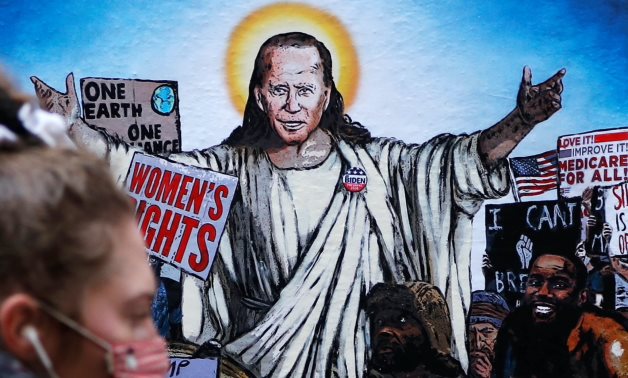Donald Trump's executive order issued in late September had an immediate chilling effect on reinvigorated efforts to reverse patterns of discrimination and exclusion in the workplace after the death of George Floyd, a Black man, under the knee of white officer in Minneapolis in May.
Earlier this month, the Labor Department suspended enforcement of Trump's order after a federal court judge blocked it.
Democrats had called on the federal government to back off the order.
The order affected government agencies, Fortune 500 companies, educational institutions, nonprofits and any others that have federal contracts or planned to apply for them.
"The United States was built on a foundation of religious freedom and tolerance, a principle enshrined in the United States Constitution," the White House said in a proclamation on its official website.
"Nevertheless, the previous administration enacted a number of Executive Orders and Presidential Proclamations that prevented certain individuals from entering the United States — first from primarily Muslim countries, and later, from largely African countries," it added.
"Those actions are a stain on our national conscience and are inconsistent with our long history of welcoming people of all faiths and no faith at all," it noted.
"When visa applicants request entry to the United States, we will apply a rigorous, individualized vetting system. But we will not turn our backs on our values with discriminatory bans on entry into the United States," the White House pointed out.











Comments
Leave a Comment